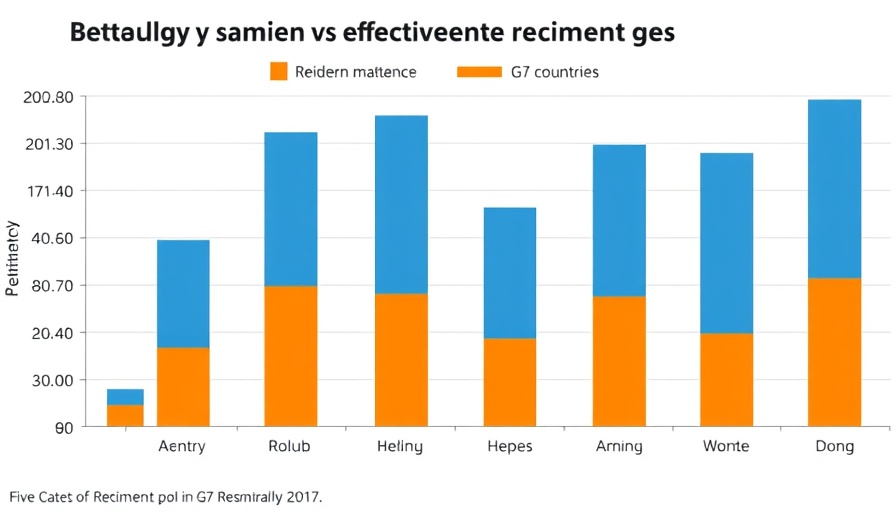
Understanding the Value of Experience
As organizations navigate the challenges of a talent-scarce job market, the value of older workers has never been more pronounced. These seasoned professionals bring a wealth of experience, problem-solving skills, and mentorship potential that can significantly enhance workplace dynamics. In a time when many industries face skill shortages, CHROs and VPs of Talent must recognize that the knowledge and reliability of older employees are not just assets—they are essential components of a high-performing team.
A Shift in Workforce Strategy
Many companies have traditionally leaned towards younger talent, mistakenly viewing older workers as less adaptable. However, evidence suggests that diversity of age can fuel innovation and creativity. CEOs and operational leaders should aim to create inclusive environments, supporting employees of all ages to thrive together. This approach not only enhances employee engagement but also fosters a culture of respect and collaboration, encouraging a knowledge-sharing atmosphere where younger workers can learn from more experienced colleagues.
Retention Strategies for a Diverse Workforce
Employee retention strategies must evolve to incorporate the unique needs of older workers, who often seek flexible working arrangements and opportunities for growth. Developing training programs tailored for various age groups can help bridge the generational gap, enhancing productivity and driving overall organizational success. Furthermore, offering mentoring opportunities allows older employees to pass on their invaluable insights while reigniting their own passion for work.
Future-Proofing Organizations through Inclusivity
As we look to the future, organizations that prioritize intergenerational collaboration will be better positioned to adapt to ongoing changes. The trend towards a multi-generational workplace necessitates that leaders understand and leverage unique perspectives. Additionally, embracing older workers can significantly improve team dynamics and lead to a more balanced, effective, and innovative workforce. This strategic shift in thinking can aid in developing not just HR metrics, but a profound organizational culture rooted in respect and collaboration.
Conclusion: Empowering All Generations
In conclusion, older workers are a critical element of talent success. By integrating their perspectives and experiences into broader organizational strategies, talent management professionals can drive significant change. To foster a high-performance culture, companies must embrace the unique contributions of every employee, regardless of age. It's time to recognize that the journey towards a more inclusive workforce ultimately benefits everyone—even the bottom line.
 Add Row
Add Row  Add
Add 




Write A Comment